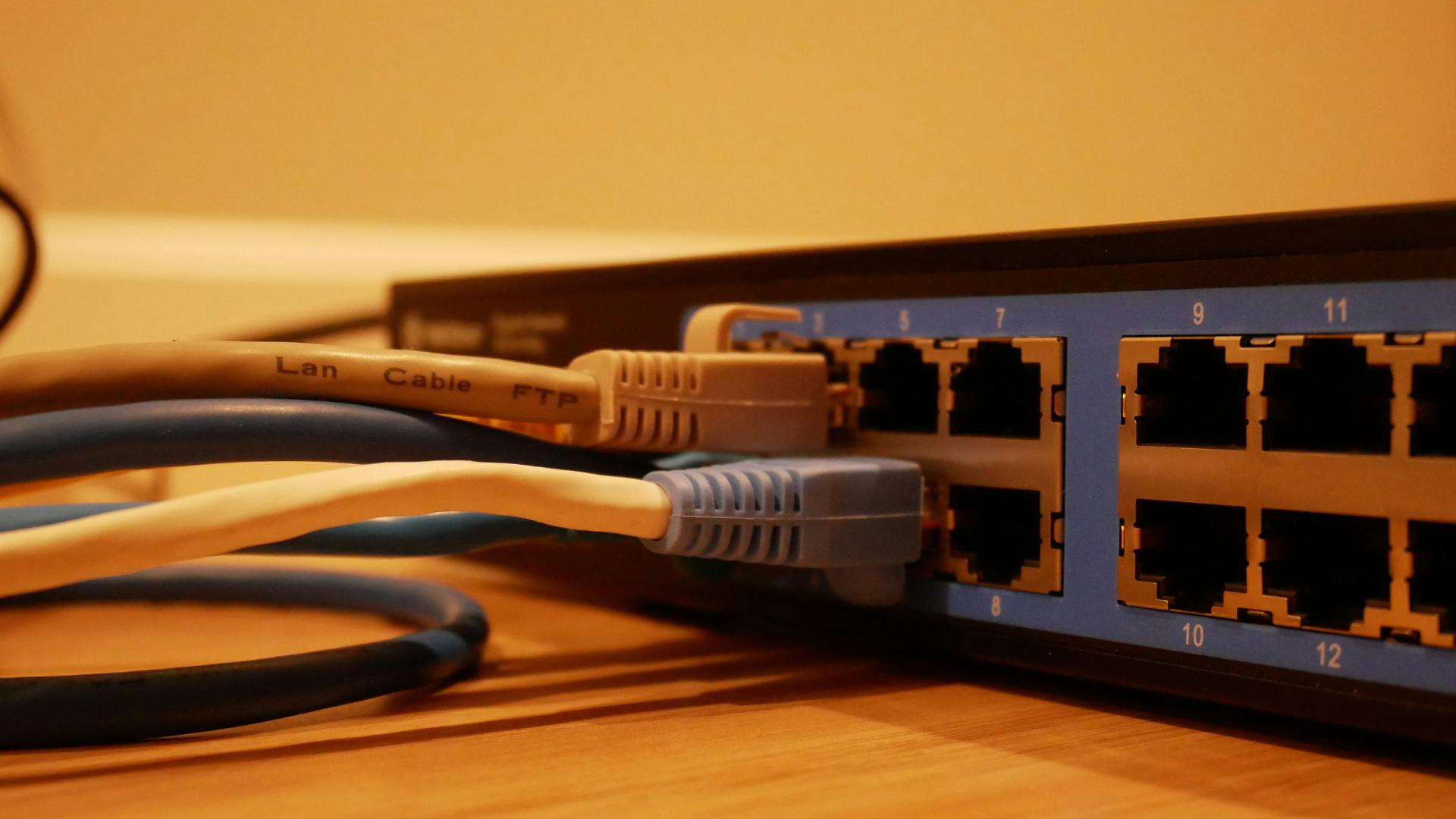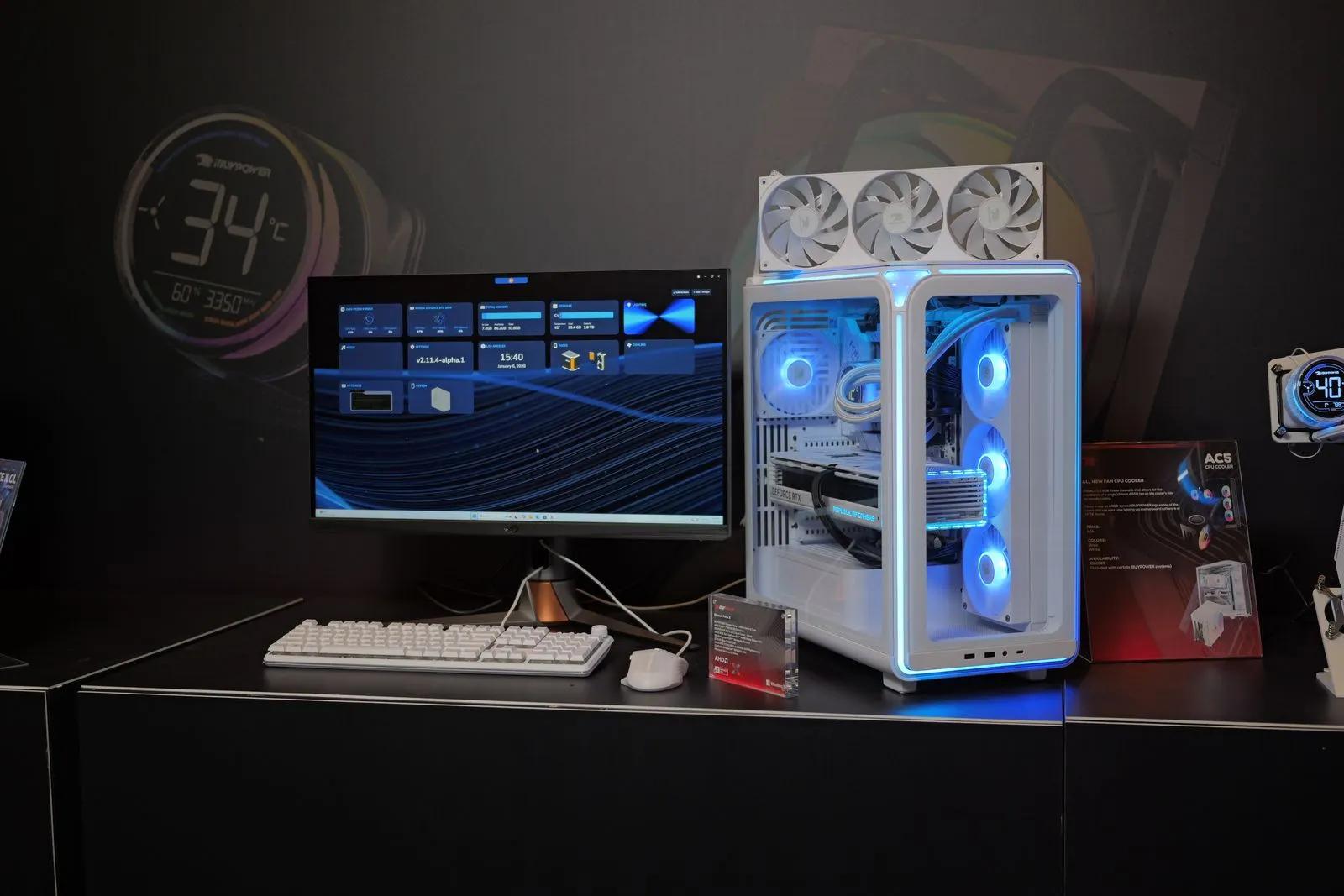A message to iBUYPOWER customers both past and prospective.
We are addressing the concerns regarding the recent news surrounding instability in Intel’s 13th and 14th generation processors. This post will serve to detail what we have and have not observed regarding the issue and how we will be supporting customers who have been affected or are worried they may be affected.
What happened?
For a quick background on the issue at hand: There were reports earlier this year that a defect in some Intel processors was causing instability well within the expected usable lifetime of the products. After some investigation, Intel stated that “Based on extensive analysis of Intel Core 13th/14th Gen desktop processors returned to us due to instability issues, we have determined that elevated operating voltage is causing instability issues in some 13th/14th Gen desktop processors”. Intel released recommendations to motherboard manufacturers in May of this year to partially mitigate the issue. A new microcode update in the form of a BIOS update will be released in late August to address this issue.
The degradation presents as instability in systems primarily in the form of blue screen errors (BSODs) but can also show up as other types of system and application crashes. As the degradation progresses, these crashes can become more common, and potentially result in system instability.
What have we seen?
Based on our RMA data, the problem does seem to be isolated almost completely to i7K/KF and i9K/KF desktop processors from the 13th and 14th generation and Intel’s guidance confirms this. iBUYPOWER sells significantly more i7 non-K processors than any other SKU, so given the lack of reports on this SKU, we can be fairly confident that the risk is dramatically lower outside of the 13th and 14th gen i7K/KF and i9K/KF.
Intel’s statement that this issue is related to voltage is consistent with our observations as it seems to be present only in the previously mentioned processors running on Z690/Z790 motherboards. This issue has not been observed on non-K processors or those running on B or H chipset boards as they typically do not exceed Intel’s recommended power configuration.
Am I affected?
If you are using an Intel CPU that is 12th generation or older, or any non-desktop processor such as those found in notebook PCs, tablets, or all-in-ones, then there is no reason to believe you are affected by this issue.
Based on guidance from Intel and evidence from some online investigation, if you currently use a 13th or 14th generation Intel desktop processor you may be affected. Degradation is a natural part of any computer component, but in some scenarios this degradation has been greatly accelerated due to this issue.
There is not currently enough data to draw an accurate conclusion based on numbers alone, nor does there appear to be a test that can measure the degree of degradation. The only way to know for sure is if you start to experience instability.
A BIOS release was published in June for most major motherboard vendors to partially mitigate this issue. If your system’s BIOS is that version or newer, the risk of being affected is much lower. Likewise, if you have a non-Z chipset motherboard or a non-K processor, the risk is much lower due to those parts naturally running within Intel’s specifications.
What should I do if I think I am affected?
If you are currently not experiencing any issues but do have one of the affected processors, we recommend confirming that your motherboard’s BIOS is up to date. The BIOS updates for 600/700 series boards issued in June will bring all power settings back to within Intel’s specifications. No further manual tuning will be required.
The microcode and BIOS update coming later in August will address the accelerated degradation. Processors purchased after this update is in place should be completely unaffected by this processor instability.
If you are currently experiencing issues, we highly recommend updating the motherboard BIOS, as we have seen that it can partially mitigate the issue. If the frequency or severity of problems is reduced after the BIOS update, then it is likely that you were affected by this issue.
If the BIOS update does not seem to resolve or mitigate the issue, then you should contact our technical support immediately.
Be aware that this CPU degradation is just one of many culprits that can cause instability in a PC. If in doubt, contact our technical support for more advice. If the BIOS update seems to resolve all issues, we still recommend contacting our support to inform them of the issue.
What is iBUYPOWER doing about this?
Effective immediately, we will be extending our warranty for the following components to 5 years from the invoice date.

This matches Intel’s own warranty extension from 3 years to 5 years. This warranty update is retroactive for any previously purchased processors. Note that the warranty extension only applies to the processor, and that the rest of the system components will remain under the previously existing warranty term.
In addition, all systems with Intel Core i7K/KF and i9K/KF 13th and 14th Gen desktop processors will ship with BIOS updated to the June version. This should minimize the impact of the issue while we wait for the upcoming microcode fix later this month. Following the release of that update, we will be shipping our systems with that version or newer going forward.
For customers who have purchased directly from our website, we will be reaching out via email to those potentially affected systems with instructions on why and how to update their BIOS. To reach customers who have purchased through 3rd parties we will also be posting updates to our community and social channels.
For customers who have been experiencing system instability, we will work with them directly to resolve their issues. In some situations, this will require the CPU to be replaced.
This is still an evolving situation, and we may need to adjust our policies or procedures pending the upcoming BIOS fix or any subsequent updates from Intel or the community. In that situation, we will amend this post or create a new post if needed.
For support, please visit https://www.ibuypower.com/support/contact-us





